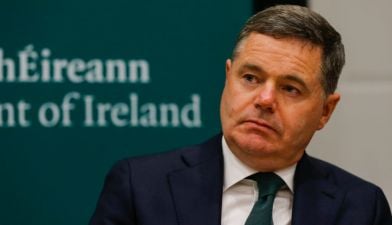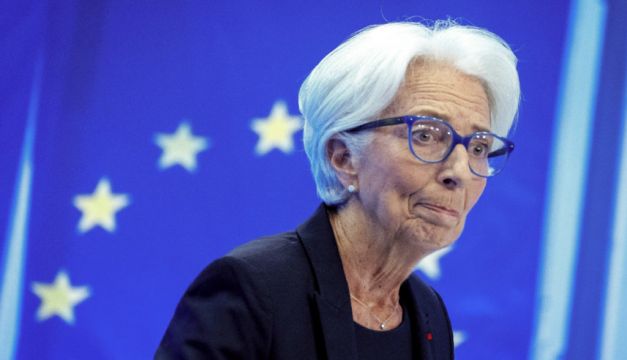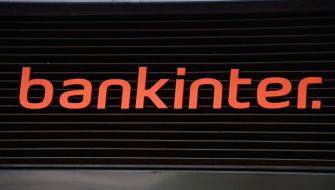Euro zone inflation proved unexpectedly stubborn this month although price pressures for underlying goods eased, providing ammunition for both supporters and opponents of another European Central Bank interest rate hike.
The ECB has raised rates at its fastest pace on record in the past year, taking them to a more than two-decade high. But with growth coming to a standstill and sentiment among businesses and households deteriorating quickly, debate is intensifying over how much more policy tightening is needed.
Overall inflation in the 20 countries sharing the euro was unchanged at 5.3 per cent in August, defying expectations for a drop to 5.1 per cent as energy costs rose sharply over the month, Eurostat data showed on Thursday.
But a key underlying measure that filters out volatile food and energy prices eased as expected to 5.3 per cent from July's 5.5 per cent, even as services inflation barely moved.
Such a mixed bag of data is unlikely to settle debate within the ECB, although it prompted financial markets to revise their view on the chance of a September rate hike to 33 per cent from around 50 per cent earlier this week. Market pricing indicates they still expect another hike this year, perhaps in October or December.
Robert Holzmann, Austria's central bank chief and one of the most outspoken conservatives on the rate-setting Governing Council, said he was still leaning towards a hike but did not consider the inflation data a clincher.
"I have not made up a decision because I don't have all the data, but I would not exclude that I would go for a hike," Holzmann told the Reuters Global Markets Forum.
"We are not yet at the highest level [for rates]; it could be that we do another hike or two."
Mixed views
Economists' views were mixed, with few if any changing their already published calls.
"The upward pressure on underlying prices has thus continued to ease," Commerzbank economist Christoph Weil said. "We still do not expect the Governing Council to raise key rates further at its September meeting."
Others took the opposite view, with caveats.
"The latest inflation figures raise the probability of a new increase in interest rates in September," Diego Iscaro at S&P Global Market Intelligence said.
"However, this is far from a done deal, and a rapidly deteriorating economic background will still give doves in the ECB's Governing Council plenty of ammunition to argue for a pause."
All this suggests the ECB's debate will not be settled until policymakers are presented with new staff economic projections in the days leading up to the September 14th meeting.
Supporters of a pause in tightening argue growth is now fading quickly, and that with little to drive a rebound, the bloc's economy, which has stagnated over the past three quarters, could even slip into recession.
But others say such a slowdown is desirable, especially if it were to shake out a very tight labour market, because underlying price pressures are far too high and could lead to inflation becoming stuck at above the ECB's 2 per cent target.

Services inflation, which the ECB watches closely, only edged lower to 5.5 per cent from 5.6 per cent this month, while jobless figures released separately on Thursday showed unemployment holding at a record-low 6.4 per cent in July.
ECB board member Isabel Schnabel, another policy hawk, argued that increasingly benign market pricing may be blunting the impact of the ECB's past policy moves and putting upward pressure on inflation.
"Real risk-free rates have declined across the maturity spectrum and are now back to the level observed at the February Governing Council meeting, as investors have revised their expectations for economic growth, inflation and monetary policy," Schnabel said in a speech in Frankfurt.
"This decline could counteract our efforts to bring inflation back to target in a timely manner."







